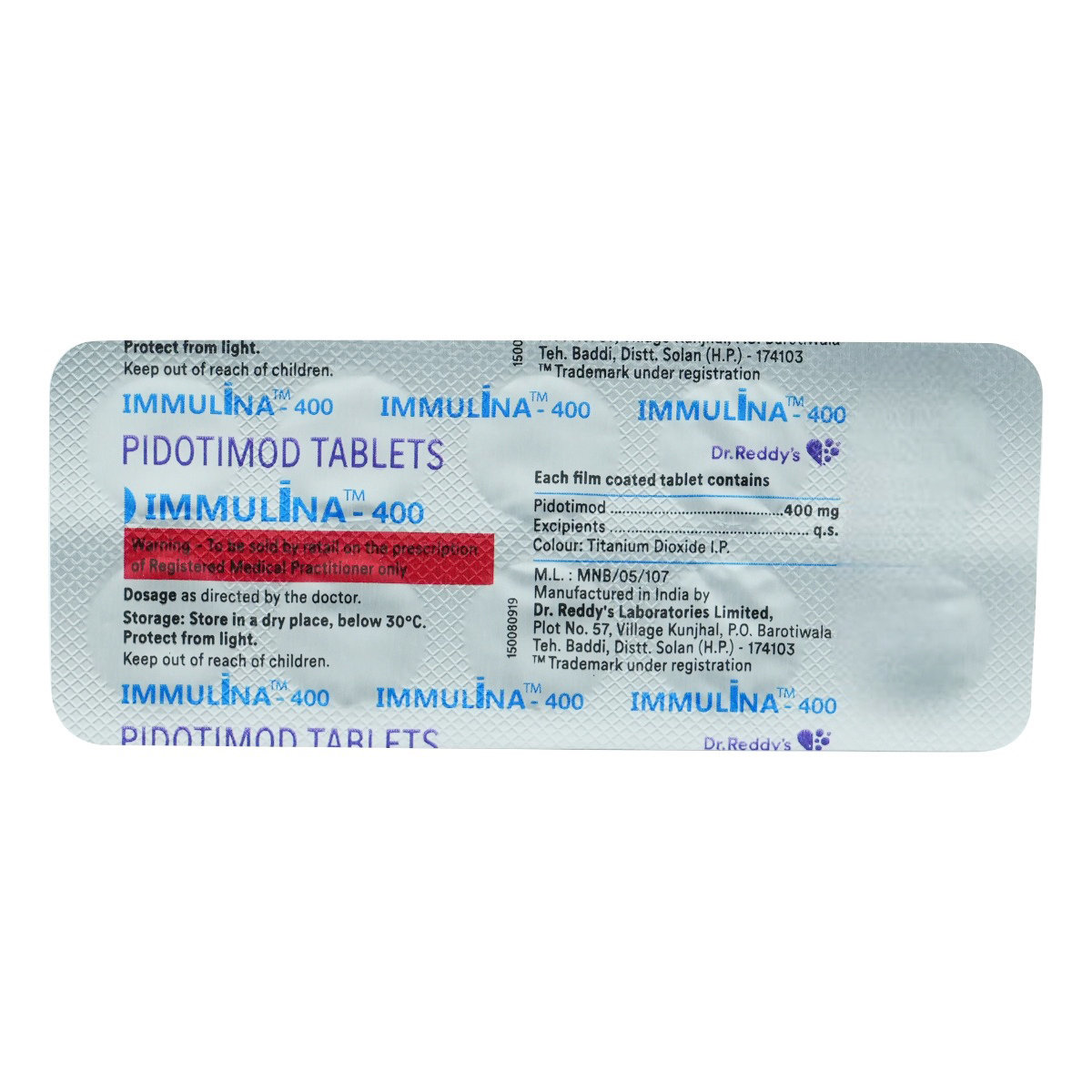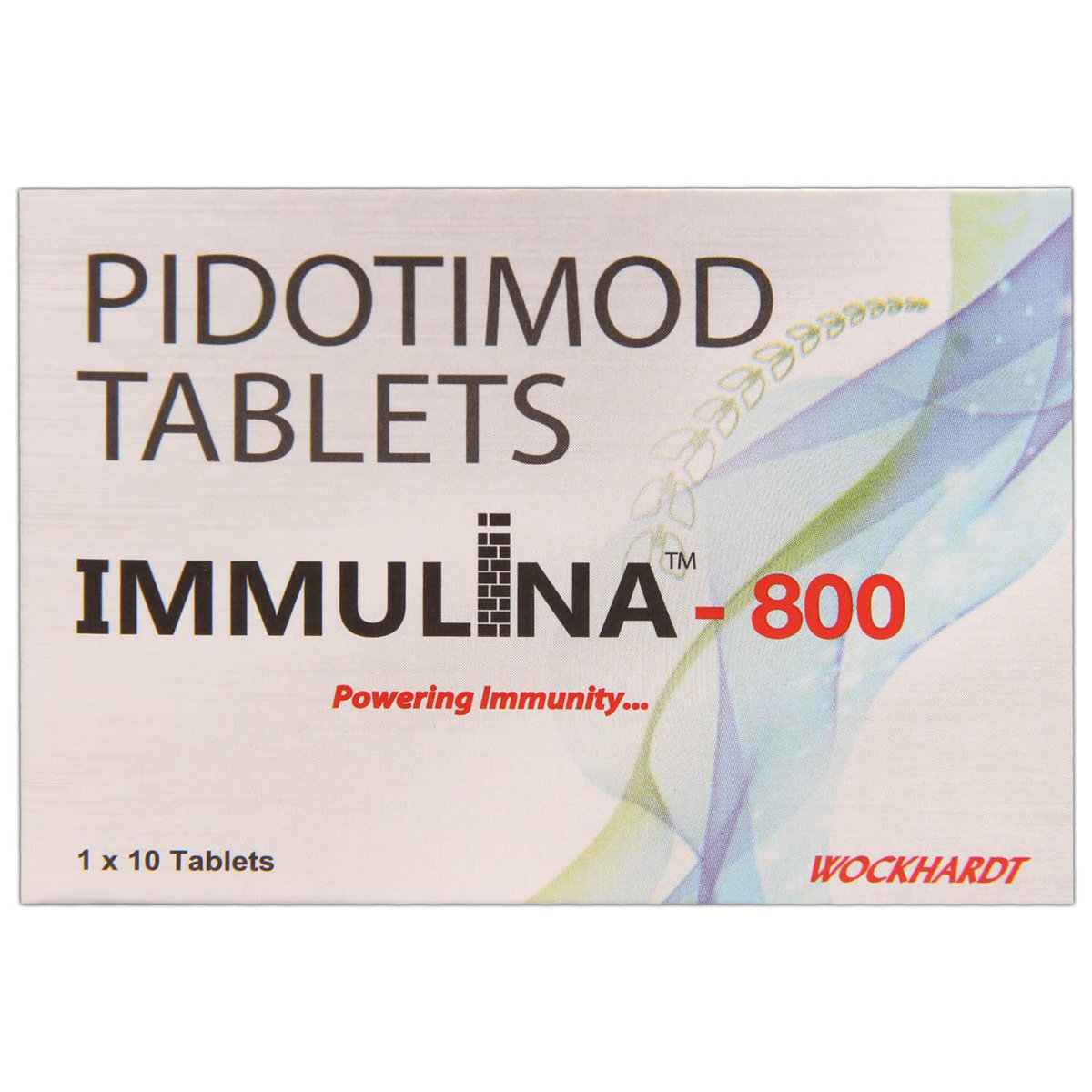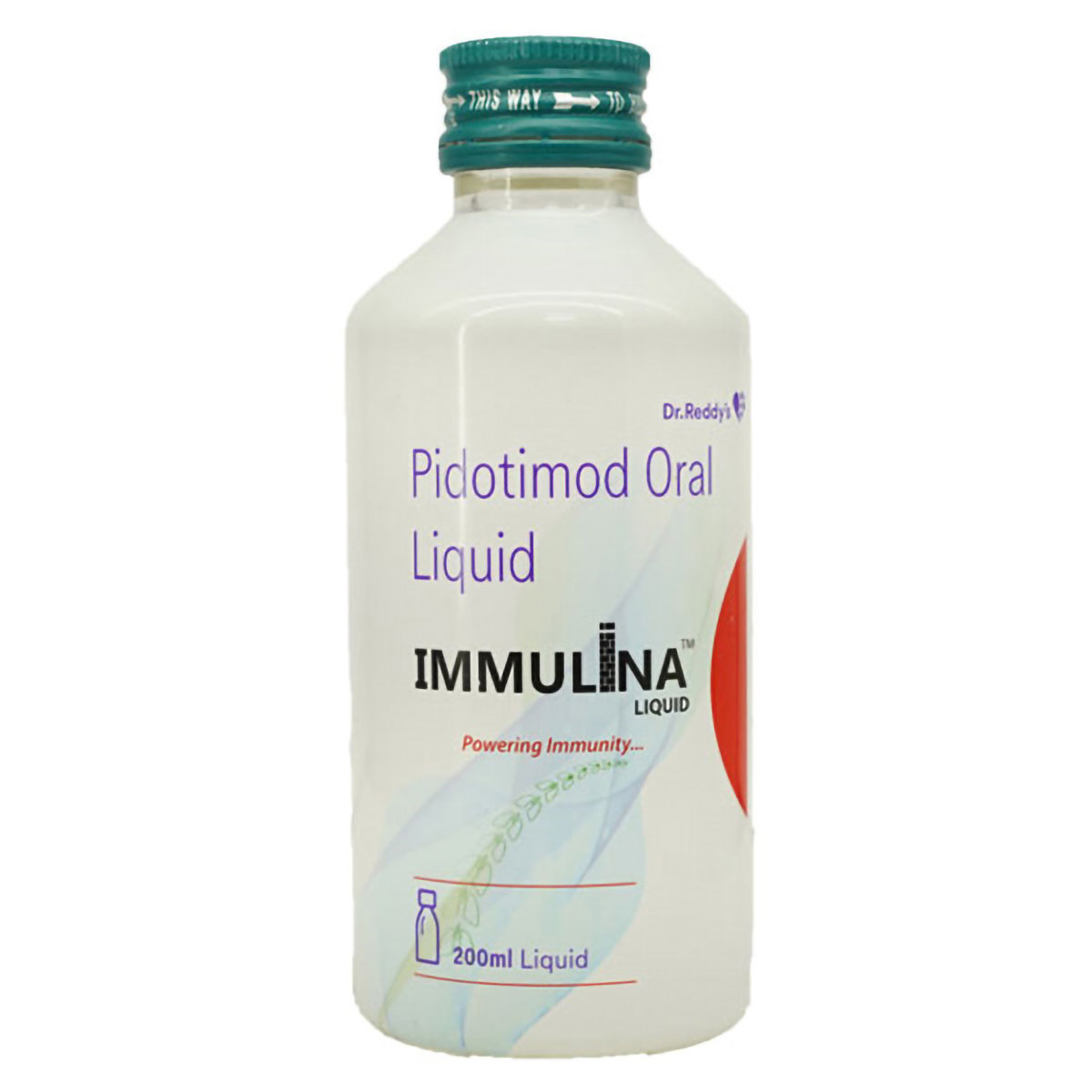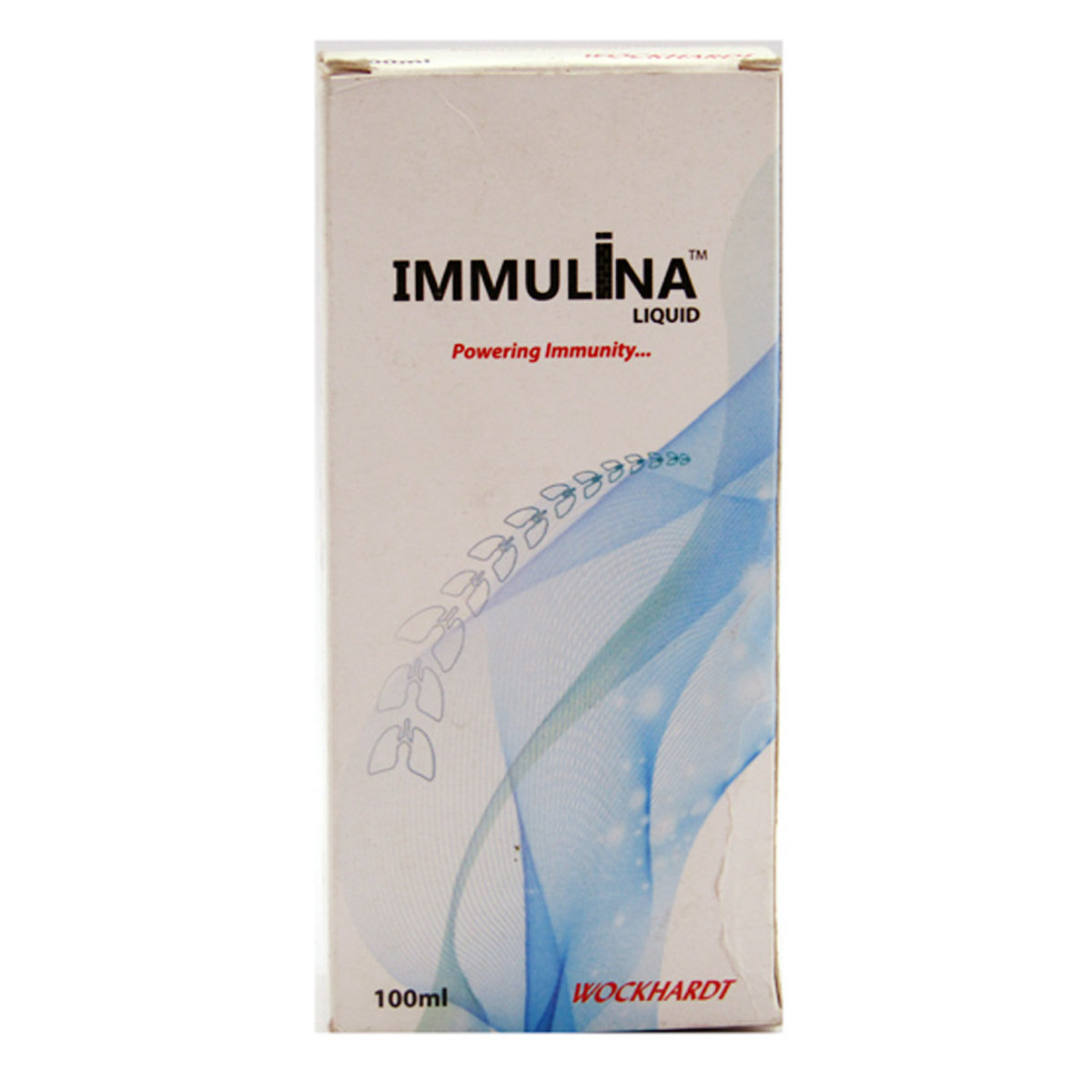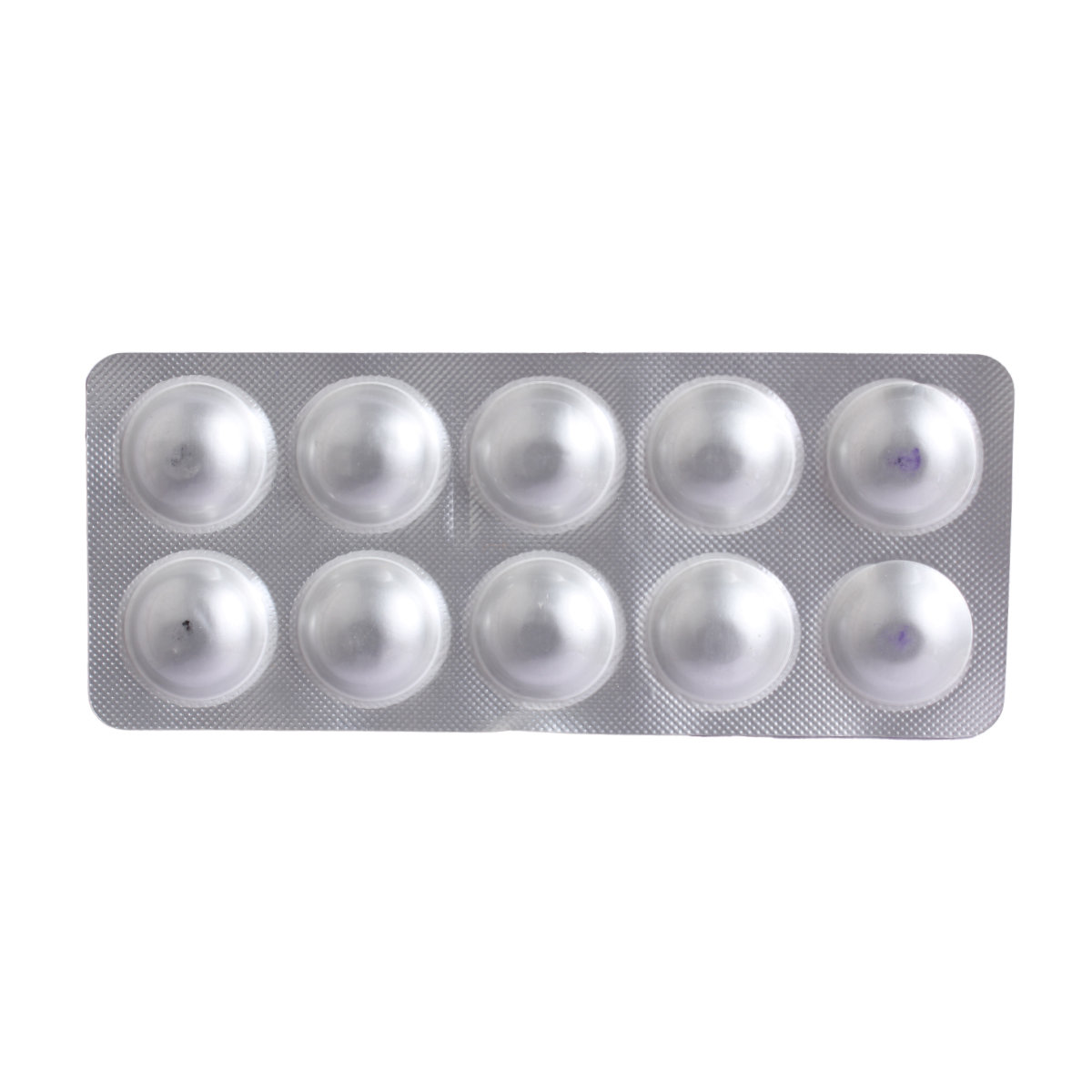Pidotimod
About Pidotimod
Pidotimod belongs to the group of medications called ‘immunostimulants’ primarily used to treat respiratory system infections. Respiratory tract infection (RTI) is any infectious disease of the upper or lower respiratory tract. Upper respiratory tract infections (URTIs) include the Common cold, Sinusitis (sinus infection), Tonsillitis, and Laryngitis. Lower respiratory tract infections (LRTIs) include Bronchitis, Bronchiolitis, Chest infection and Pneumonia (lung infection). Flu can be an upper or lower RTI. Lower RTIs tend to last longer and can be more serious.
Pidotimod contains Pidotimod; as the active ingredient. It is an immunostimulant. It works by modulating the immune system to trigger a protective response against bacteria or viruses that cause recurrent airway infections. This boosts immunity against these infections.
Depending on your medical conditions, you are advised to take Pidotimod for as long as your doctor has prescribed it for you. Usually, no common side effects are seen with this medicine. But some people experience skin rash as a side effect. If these bother you or appear serious, let your doctor know. There may be ways of reducing or preventing them.
If you are known to be allergic to Pidotimod or any other medicines, please tell your doctor. Before taking this medicine, let your doctor know if you have kidney disease or have diabetes. Your doctor should also know about all other medications you are taking, as many of these may make this medicine less effective or change how it works. And also, inform your doctor if you are pregnant or breastfeeding.
Uses of Pidotimod
Medicinal Benefits
To obtain the best benefit, please follow your doctor's directions. Pidotimod contains Pidotimod; as the active ingredient. It is an immunostimulant. It works by modulating the immune system to trigger a protective response against bacteria or viruses that cause recurrent airway infections. This boosts immunity against these infections. Please do not stop taking it without consulting your doctor.
Directions for Use
Storage
Side Effects of Pidotimod
- Urticaria/Rash
Drug Warnings
Inform your doctor if you are allergic to Pidotimod or other medicines. Before taking this medicine, let your doctor know if you have kidney disease or diabetes. Your doctor should also know about all other medications you are taking, as many of these may make this medicine less effective or change how it works. And also, inform your doctor if you are pregnant or breastfeeding. Pidotimod to be taken with caution, especially if you are children below 12. Your doctor may adjust your dose depending on your age. Consumption of alcohol with Pidotimod is not advisable as it may cause unpleasant side effects. Do not smoke – it can make your symptoms worse.
Drug Interactions
Drug-Drug Interactions: No interactions were found/established.
Drug-Food Interactions: No interactions were found/established.
Drug-Disease Interactions: No interactions were found/established.
Drug-Drug Interactions Checker List:
Safety Advice

Alcohol
cautionConsume alcohol along with Pidotimod is not advisable as it may cause unpleasant side effects.

Pregnancy
cautionInformation regarding the use of Pidotimod during pregnancy is not available. Your doctor will weigh the benefits and potential risks before prescribing them. Please consult your doctor.

Breast Feeding
cautionConsult your doctor; there is no substantial research yet on using Pidotimod in breastfeeding/nursing mothers. Your doctor will weigh the benefits and potential risks before prescribing them. Please consult your doctor.

Driving
cautionNot enough scientific data is available for Pidotimod. Hence it is advised to consult your doctor. Drive only if you are physically stable and mentally focussed. If you experience drowsiness after taking this medication, you should not drive or operate any machinery or vehicles.

Liver
cautionThere is limited information available on the use of Pidotimod in patients with liver disease. Your doctor will weigh the benefits and any potential risks before prescribing them to you. Please consult your doctor.

Kidney
cautionLimited information is available on the use of Pidotimod in patients with Kidney disease. Your doctor will weigh the benefits and potential risks before prescribing them. Please consult your doctor.

Children
cautionPidotimod to be taken with caution, especially if you are children below the age of 12. Your doctor may adjust your dose depending upon your age.
Habit Forming
Diet & Lifestyle Advise
- Drink lots of water to loosen any mucus and make it easier to cough up
- Get plenty of rest
- Drink a hot lemon and honey drink to help soothe a cough (not suitable for babies under 1-year-old)
- Gargle with warm salt water if you have a sore throat (children should not try this)
- Raise your head while sleeping using extra pillows to make breathing easier and clear your chest of mucus
- Use painkillers to bring down a fever and help ease a sore throat, headaches and muscle pain.
- Cover your mouth when you cough or sneeze, and wash your hands regularly.
- Do not smoke – it can make your symptoms worse.
Patients Concern
Disease/Condition Glossary
Respiratory tract infection (RTI): Respiratory tract infection (RTI) is defined as any infectious disease of the upper or lower respiratory tract. Upper respiratory tract infections (URTIs) include the Common cold, Sinusitis (sinus infection), Tonsillitis, and Laryngitis. Lower respiratory tract infections (LRTIs) include Bronchitis, Bronchiolitis, Chest infection and Pneumonia (lung infection). Flu can be an upper or lower RTI. Lower RTIs tend to last longer and can be more serious.
FAQs
Pidotimod is used to prevent diseases of the respiratory tract. Pidotimod is an immunostimulant. It works by modulating the immune system to trigger a protective response against bacteria or viruses that cause recurrent airway infections. This boosts immunity against these infections.
Pidotimod is a synthetic dipeptide that exerts immunostimulatory effects by affecting both innate and adaptive immunity.
No, it is a prescribed drug given by a physician to prevent specific medical conditions. Taking it on your own can cause unwanted side effects.
Your symptoms may improve before the problem is completely cured. But, completing the full course of treatment would be suggested even if you feel better.
Respiratory tract infection (RTI) is defined as any infectious disease of the upper or lower respiratory tract. Upper respiratory tract infections (URTIs) include the Common cold, Sinusitis (sinus infection), Tonsillitis, and Laryngitis. Lower respiratory tract infections (LRTIs) include Bronchitis, Bronchiolitis, Chest infection and Pneumonia (lung infection). Flu can be an upper or lower RTI. Lower RTIs tend to last longer and can be more serious.



